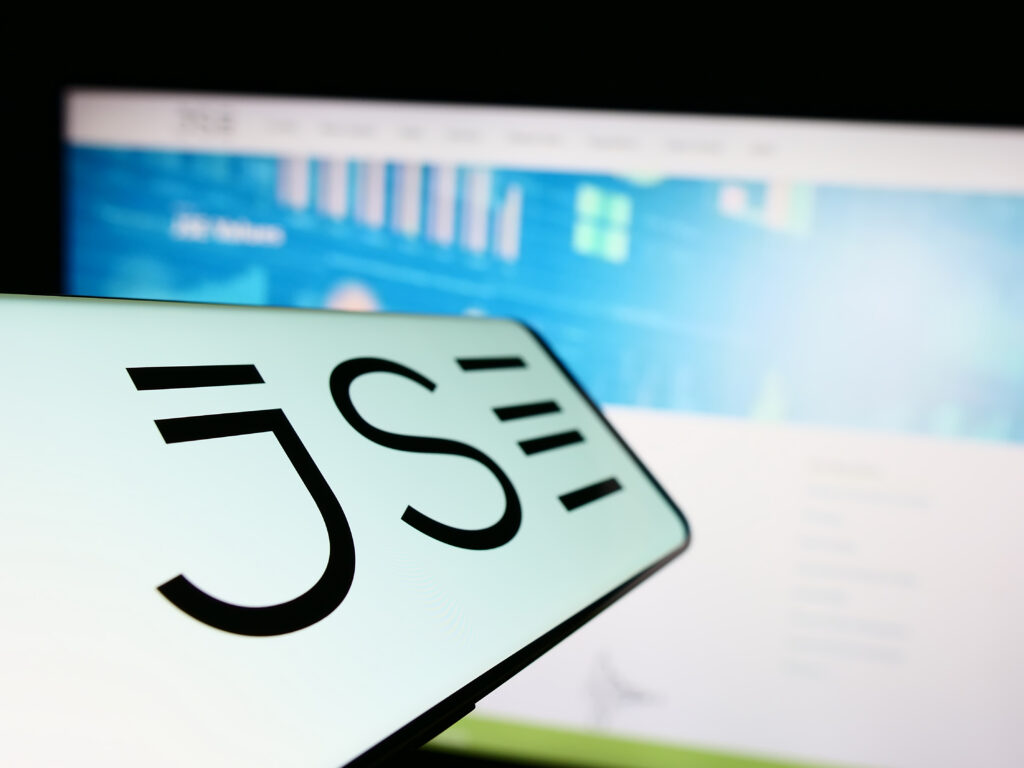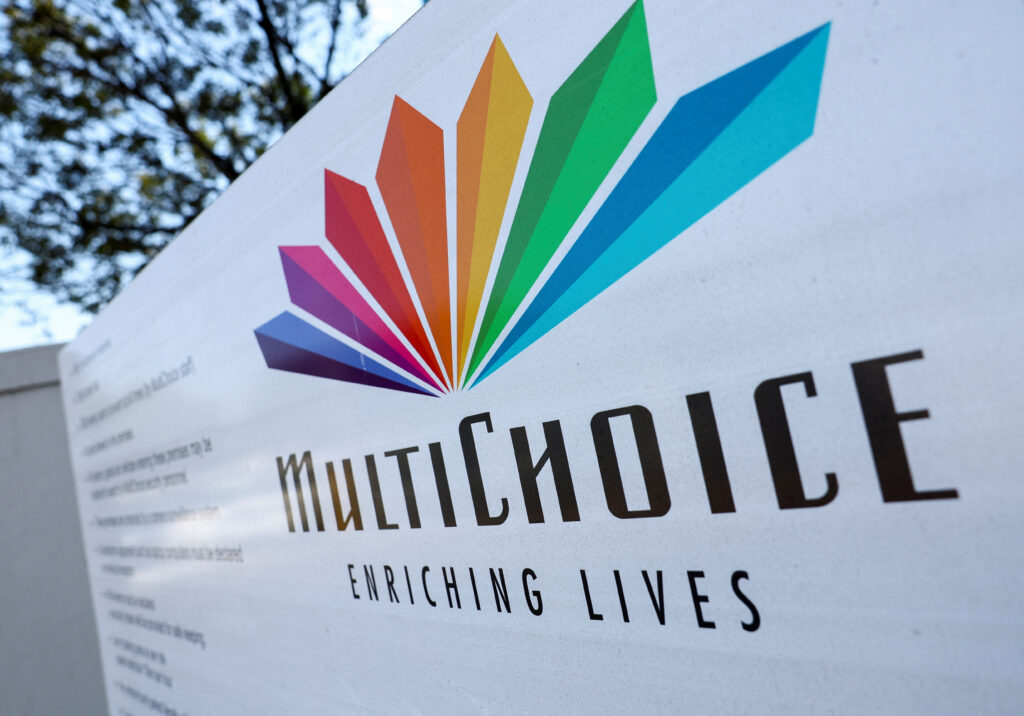You can also listen to this podcast on iono.fm here.
SIMON BROWN: I’m chatting with Nadine Chetty-Khan, a research analyst at Private Clients by Old Mutual Wealth. Nadine, appreciate the time.
Alphabet, which of course is YouTube and a couple of others – Waymo and others – is spending hugely on capital expenditure; $75 billion this year. That’s concerning a lot of people, but there’s a lot into it. In a recent note you put out, this isn’t the first time they’ve spent big: Maps, Android, even Waymo, even YouTube, which at the time was a hugely expensive deal but has worked incredibly well. Google does big bets for the long term.
NADINE CHETTY-KHAN: Yes. Thank you, Simon, for having me. You’re right on that, with the parent company of Google, Alphabet, planning to spend $75 billion, mostly focused on artificial intelligence and cloud infrastructure. Now that’s a 43% increase on top of a 63% increase the year before.
According to its CEO, this capital is being directed towards servers, data centres and network infrastructure. As you’ve just alluded to, it’s worth noting that this isn’t entirely new ground for Alphabet. If you go back to the early 2000s, the company’s capital expenditure was primarily about supporting its search engine.
Back then it opened its first data centre in Mountain View in 2003. And over time that infrastructure has become the backbone not just of Google search, but of its fast-growing cloud business.
Today’s investment waves feel like just a natural extension of that long-term strategy. I guess everyone’s asking if Alphabet is overdoing it. We don’t think so. The company’s capex history just shows a consistent pattern of placing long-term bets on future technology. Whether it’s, like you mentioned, Android or YouTube, Alphabet has repeatedly taken the long-term view. These investments have paid off.
YouTube now brings in over $30 billion annually and reaches more than two billion users. This now contributes about 10% of Alphabet’s revenue.
Another example is Google Maps. Initially it was viewed as a non-core product, and now it’s embedded into the daily lives of millions of users.
SIMON BROWN: Absolutely. YouTube, which I think they paid $1.6 billion for, at the time was a big number but pales into this. This really is AI, and Google, Alphabet, is really saying AI is going to be at the heart of pretty much everything – certainly everything within the Alphabet stable. But they really are saying that AI is going to be everywhere and they want to be a player in it on all different levels.
NADINE CHETTY-KHAN: Yes. Controversy sparked earlier in the years when they were compared to China’s DeepSeek, and European players like Mistral. They are releasing AI models that are commercially viable, achieving near peer AI performance, but at low investment levels.
Now, unlike these peers, Alphabet isn’t just trying to build the best AI models, it’s pursuing what they call a ‘full-stack approach’, developing and integrating AI across all of its platforms and services as it evolves for an AI-driven internet.
A few examples. Just [on] YouTube, AI is empowering personalised recommendations, new creative tools contributing to stronger engagement. Alphabet says that its AI-optimised campaigns are delivering 17% higher returns on ad spend. And now, when you layer that on with two billion monthly active users who see about a billion daily video views, that’s significant grounds for monetisation.
SIMON BROWN: Yes. And YouTube has more screen time than Netflix. I suppose part of it is that these returns are going to take a bit of time to materialise. If we look at Android, if we look at YouTube and even Maps – some of those big spendings from the early 2000s – they took some time. Shareholders need to be patient, but there is a good history for that patience being paid off.
NADINE CHETTY-KHAN: Yes. And the surge in spending isn’t expected to be permanent. As the supply-chain cycle settles and infrastructure scale, capex should eventually normalise. And even if AI demand doesn’t ramp up as quickly as expected, the nice thing about Alphabet’s investments in data centres and infrastructure is that they can serve a variety of use cases, affording it the flexibility to switch its AI infrastructure and serve different needs.
SIMON BROWN: And $75 billion is a big number. But in the note you pointed out – and I was unaware it was this this much – their cash flow is humongously strong: $40 billion on average over the last decade. That $75 billion is a big number, but they really can actually afford it.
NADINE CHETTY-KHAN: Yes. That free cash flow number that you’ve mentioned is just after the capital expenditure. And that’s strong firepower. It has allowed it to find significant initiatives without putting its balance sheet under pressure. The numbers tell the narrative. If you look in on its return invested capital, it has averaged 19.3% since 2003. This is well above the company’s cost of capital. So far the strategy looks ambitious but financially disciplined.
SIMON BROWN: Absolutely. You mentioned DeepSeek from China. There’s Mistral from France. As you said, they’re optimising for cost and speed. They are, I suppose, a player in the space. But this isn’t necessarily a one-size-fits-all or, for that matter, there’s only going to be one winner. DeepSeek and Mistral can have a place in this AI future, as do Google and Gemini.
NADINE CHETTY-KHAN: I totally agree with that. These challenges are important, especially for developers, startups, governments’ efforts that are looking for Open Source flexibility and cost efficiency. One can even make the argument that they could commoditise parts of the AI stack similar to [what] Linux did for software inventory infrastructure.
But again, Alphabet is not just making a model. It has a longer-term play and it’s trying to defend its sort of dominant position in Search by making the investments for now an AI-driven internet.
SIMON BROWN: We’ll leave it there. Nadine Chetty-Khan, research analyst at Private Clients by Old Mutual Wealth, I appreciate the time.
Listen to the full MoneywebNOW podcast every weekday morning here.

 10 hours ago
1
10 hours ago
1






















 English (US) ·
English (US) ·